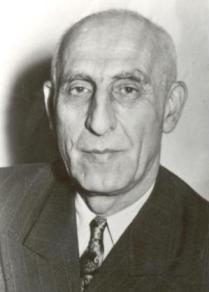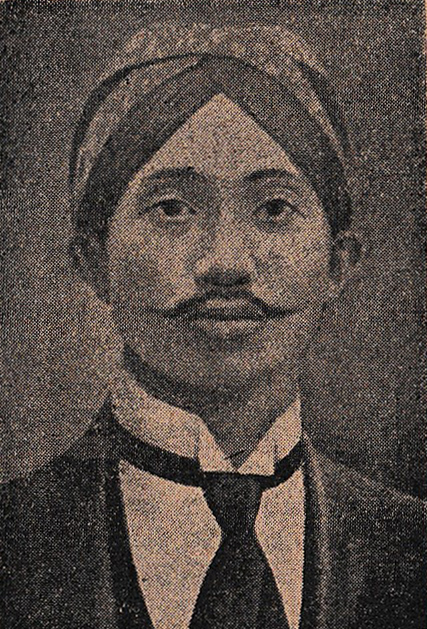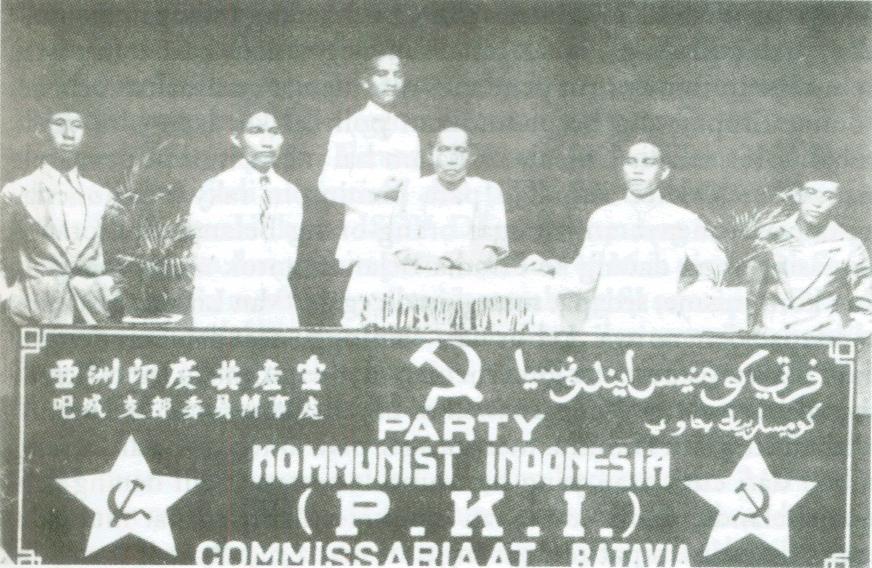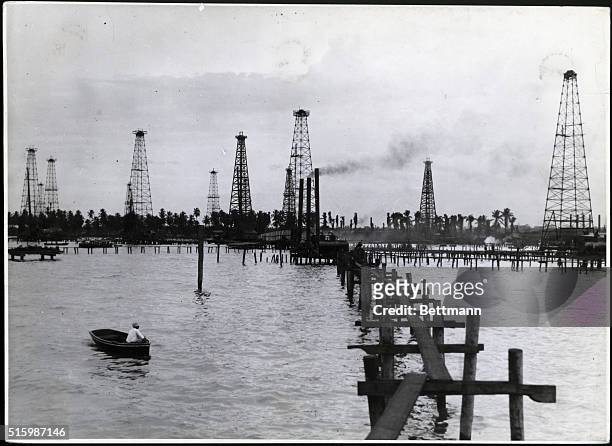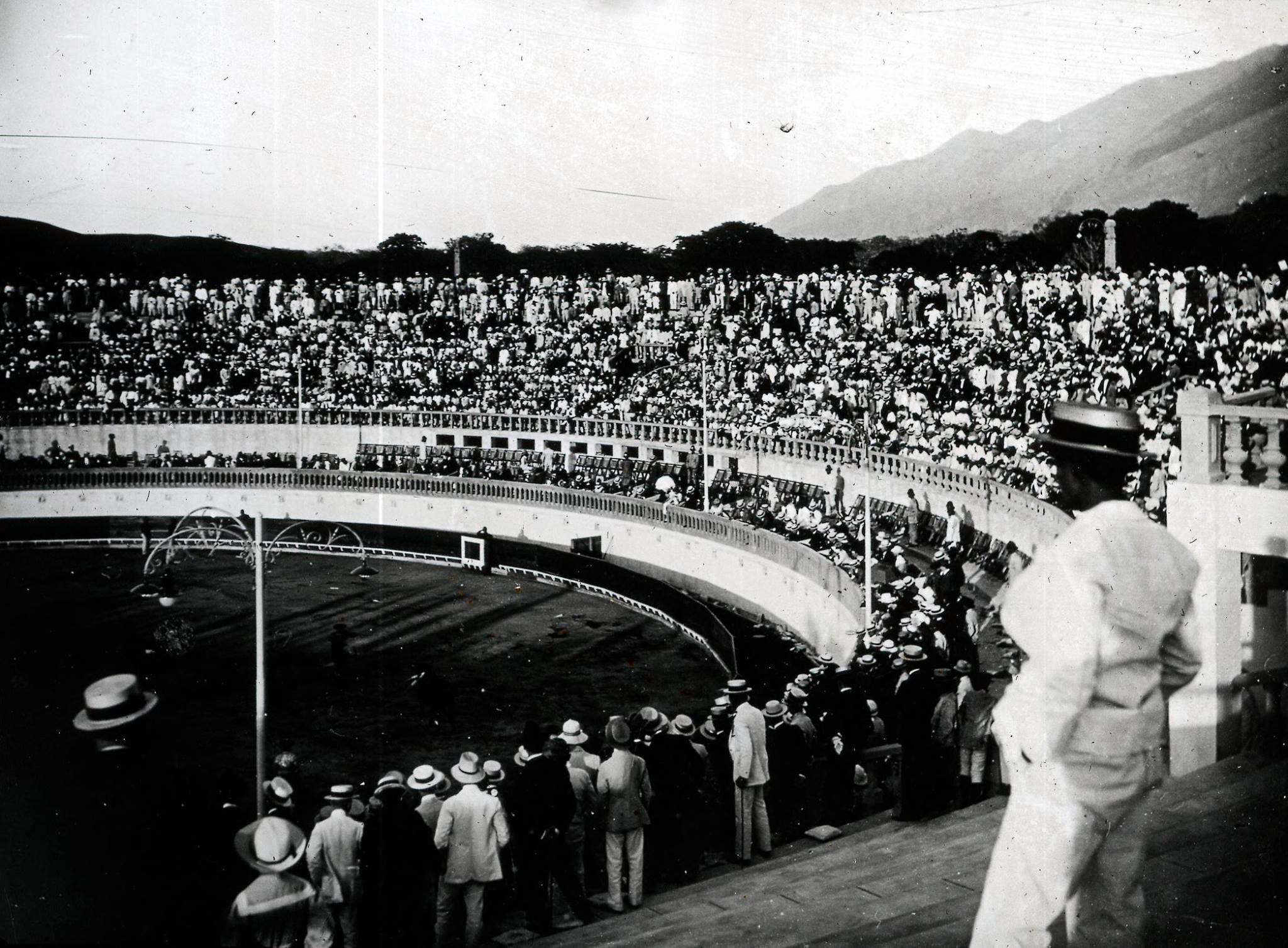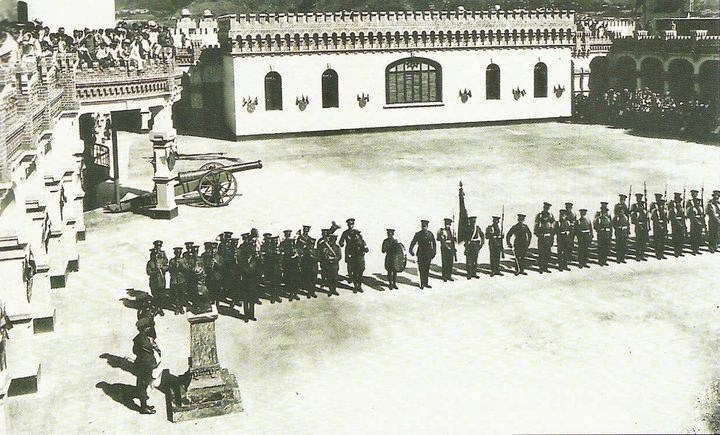- Location
- United Kingdom

They are both surrounded by carefully picked, or carefully installed, allies. Some are more willing or capable than others, some still cling onto their own dreams of power, some labour secretly and diligently on plans that threaten to throw the world once again into flames.
Tension fills the air, and as the atom transforms the world and the empires of old die, it is up to you, the players, to carefully forge a new world. Reform or preserve the social and economic order of your countries, seek to avenge or forgive old resentments, forge new international bonds, and guarantee yourself a place in history without setting off a chain of events that unleashes powers that ultimately serve only to destroy civilisation as it is known today.
The Map

Nuclear Forces and Deployment Map

Each icon - 10 bombs
Nuclear Forces and Deployment Map

OOC Thread
The OOC thread and all of the games explanations can be found here: COLD WAR: 1950 OOC - HistoricMain Updates
1950 June to December1951 January to June
Mini Updates
Signals on the Water, June 25th 1950
Ongjin and Seoul, June 25th to June 29th, 1950
Brother Said, June 1950
Korean War, June 25th to August 21st, 1950
1951
Trouble on the Danube (Yugoslavia & Czechoslovakia)
Snakes Under The Grass - Indonesia
Peace on the Nile
Schemes Down Under
Korean War - Part 4 - 1951 January and February
Above Everything - Iran 1951
Silence at the Red River
Korea - Part 5 - March to May
Japan - 1951 Election
Trouble on the Danube - Part II
Suez Crisis
Brazil 1951
Korea - Part 6 - Summer of 51
Egypt 1951 Fall of the Monarchy
Flavour Updates
Estimated Nuclear Warheads as of 1951
320-340
Soviet Union
10-12
Players List
Soviet Union - @Namaroff
Czechoslovakia - @Baltika9
People's Republic of China - @RobespierreLives
North Korea - @DanBaque
East Germany - @tyriet
United States - @Etranger
Republic of China- @Carol
United Kingdom - @Weygand
France - @99KingHigh
South Korea - @Skrevski
West Germany - @Nerdorama
Japan - @Shebe Zuu
Italy - @mcclay
Egypt - @Korona
Iran - @Noco
Indonesia - @Oxford
Yugoslavia - @XVG
CURRENT DATE: 6th of June, 1951
Last edited:

























